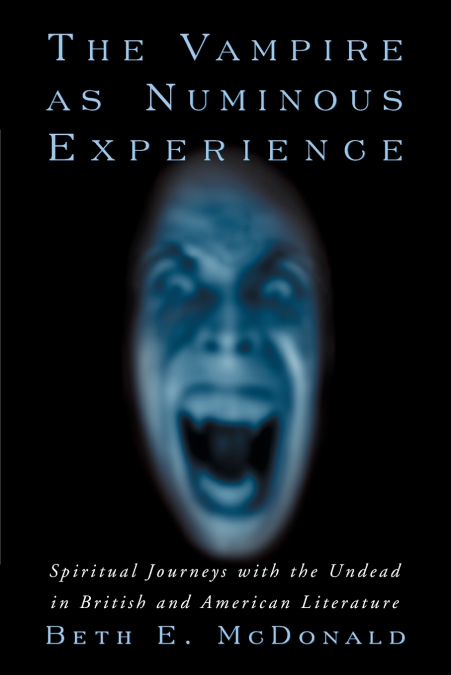
 Librería Perelló (Valencia)
Librería Perelló (Valencia)
 Librería Aciertas (Toledo)
Librería Aciertas (Toledo)
 El AlmaZen del Alquimista (Sevilla)
El AlmaZen del Alquimista (Sevilla)
 Librería Elías (Asturias)
Librería Elías (Asturias)
 Librería Kolima (Madrid)
Librería Kolima (Madrid)
 Donde los libros
Donde los libros
 Librería Proteo (Málaga)
Librería Proteo (Málaga)
The critical work examines the vampire as a spiritual figure--whether literal or metaphorical--analyzing how the use of the vampire in literature has served to convey both a human sense of alienation from the divine and a desire to overcome that alienation. While expressing isolation, the vampire also represents the transcendent agent through which individuals and societies must confront questions about innate good or evil, and belief in the divine and the afterlife. Textual experiences of the numinous in the form of the vampire propel the subject on a spiritual journey involving both psychological and religious qualities. Through this journey, the reader and the main character may begin to understand the value of their existence and the divine. A variety of works, poetry and fiction by British and American authors, is discussed, with particular concentration on Coleridge’s 'The Rime of the Ancient Mariner,' Bram Stoker’s Dracula, and Anne Rice’s Vampire Chronicles, as representative of the Romantic, Victorian, and late twentieth century periods of literature. A conclusion looks at the future of the literary vampire.